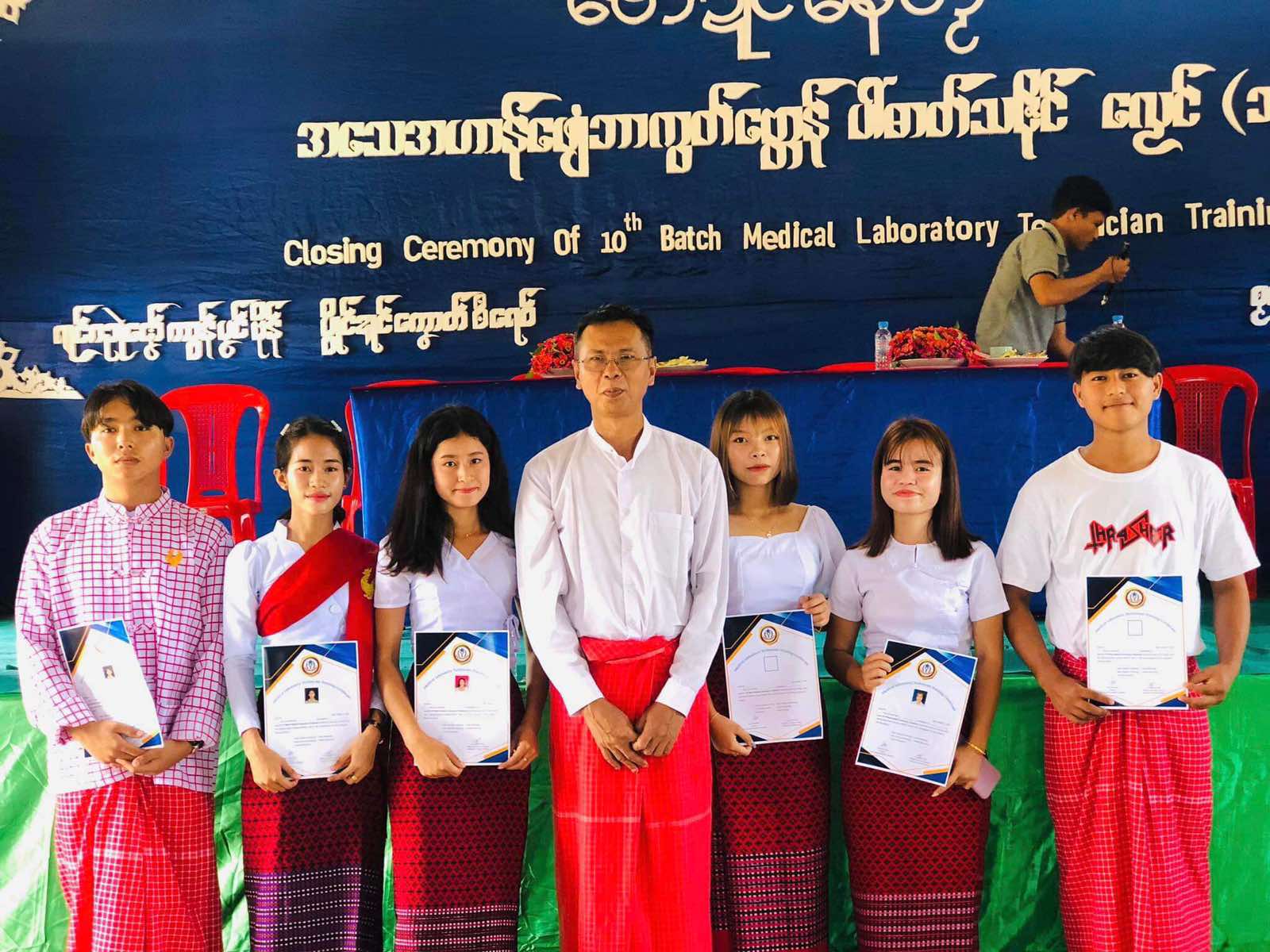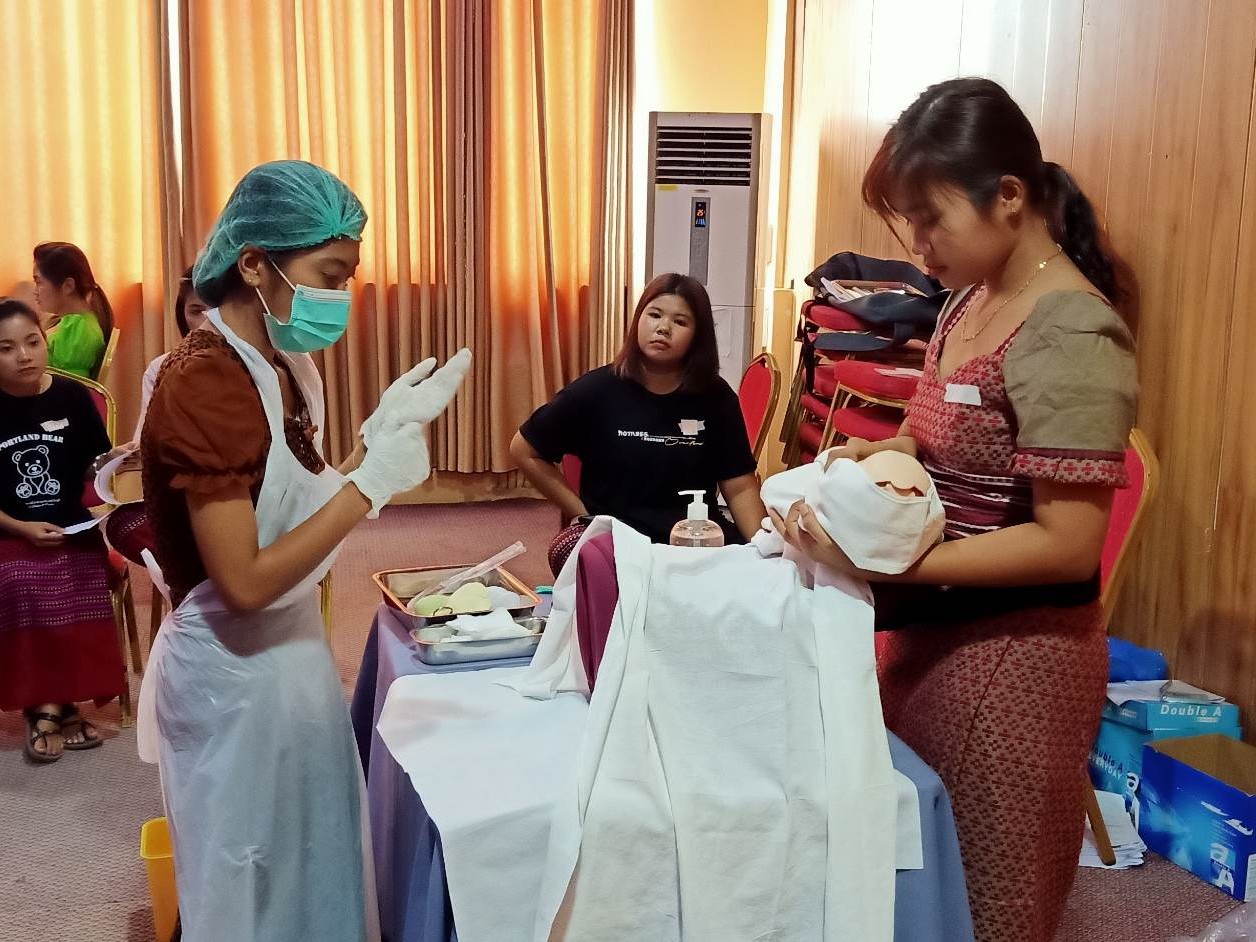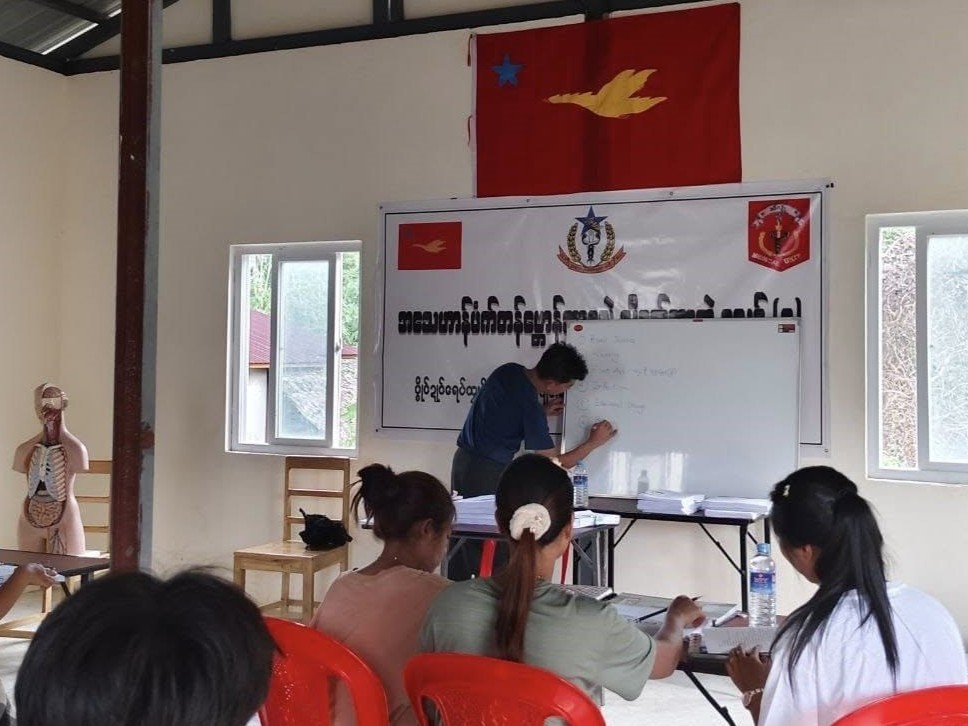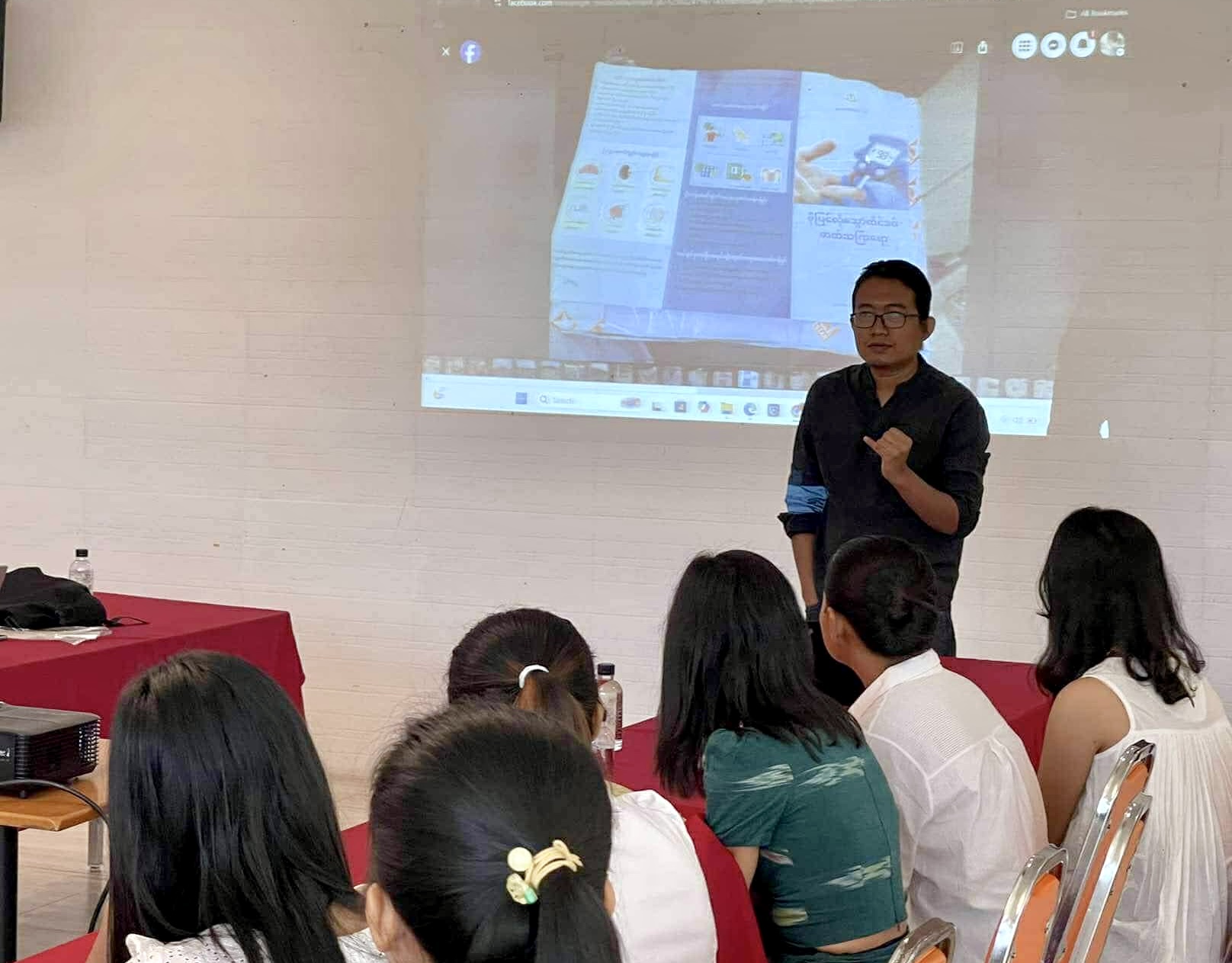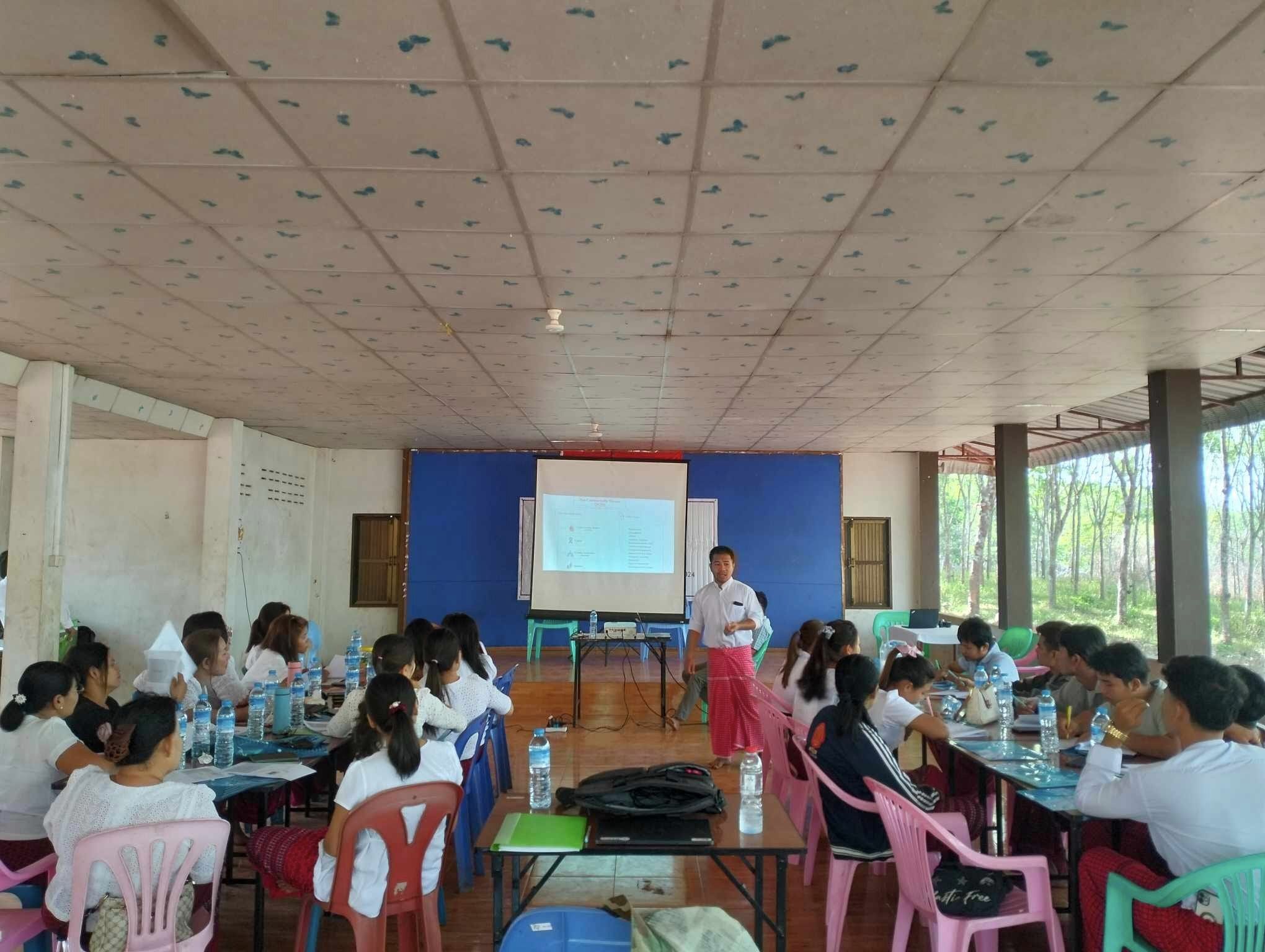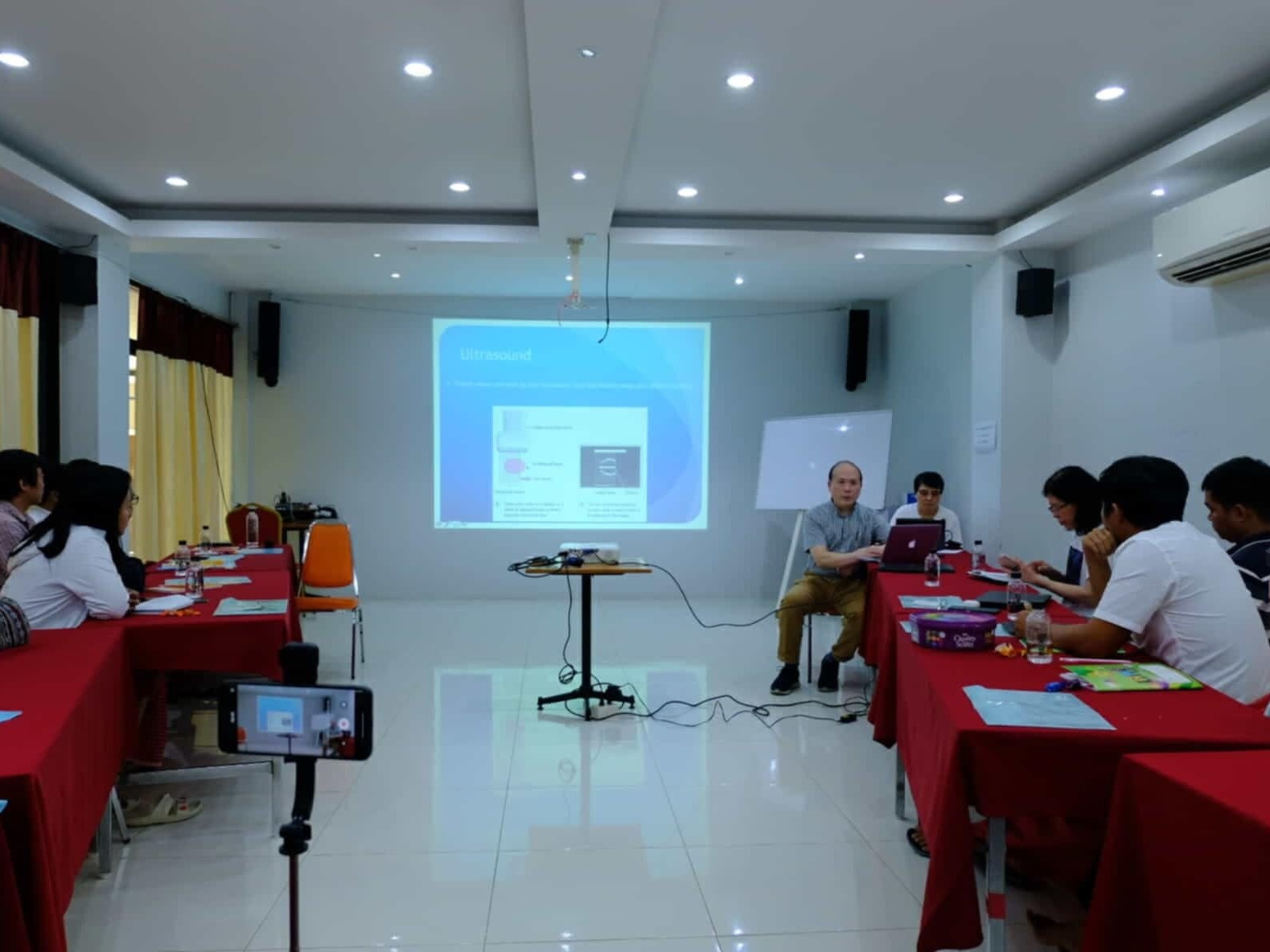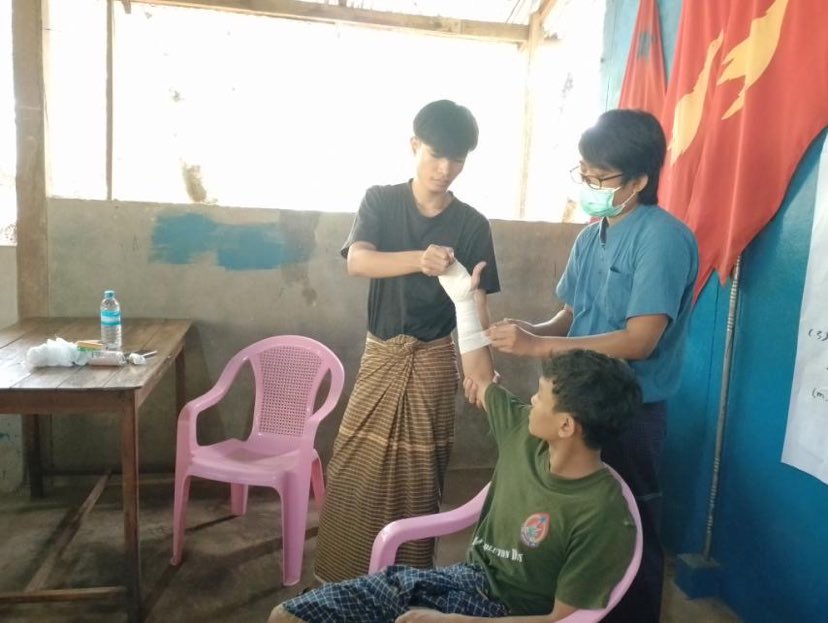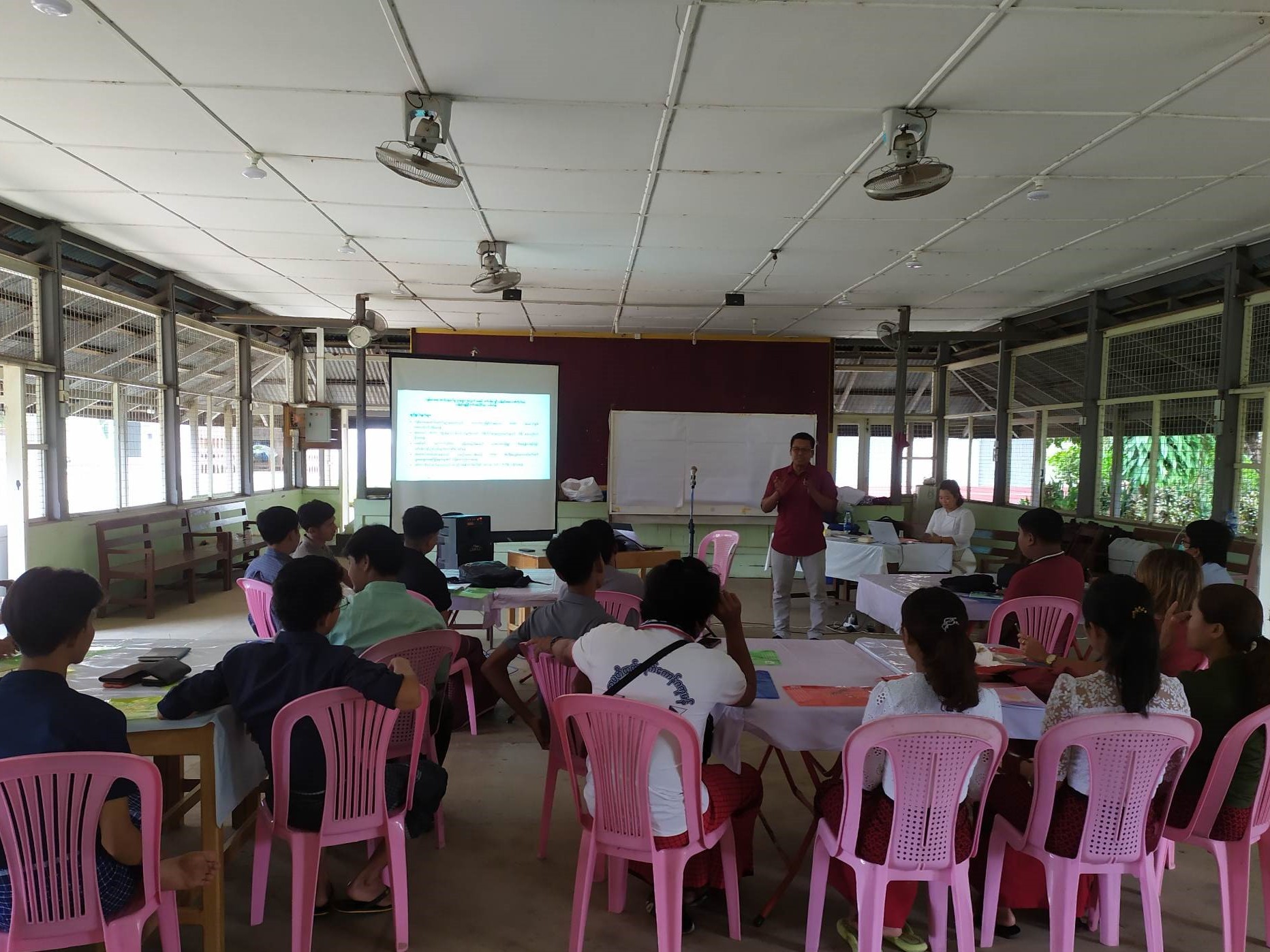HRH Program and Training
HRH program and training
The Mon National Health Committee (MNHC) has been instrumental in delivering healthcare services and capacity-building initiatives to Mon communities. A medical educator program within the MNHC would likely focus on addressing gaps in healthcare knowledge and professional training for healthcare providers, including:
Capacity Building
Training local healthcare workers and medics to improve their clinical skills and healthcare delivery.
Educating community health workers to manage prevalent local health issues, such as maternal and child health, infectious diseases, and chronic conditions.
Curriculum Development
Designing culturally and contextually relevant training materials tailored to the needs of the Mon population.
Including topics like evidence-based practices, emergency response, and public health promotion.
Community Outreach
Conducting health education campaigns to raise awareness about hygiene, nutrition, and disease prevention.
Collaborating with local schools and organizations to integrate health education into broader community efforts.
Partnerships and Resources
Building collaborations with international organizations for technical and financial support.
Providing access to resources like teaching aids and medical supplies.
Monitoring and Evaluation
Establishing systems to track the impact of educational programs on healthcare outcomes.
Regularly updating curricula to reflect new medical developments and feedback from the field.
Basic Medical Training for Medics in the Mon National Health Committee
The Basic Medical Training for medics under the Mon National Health Committee (MNHC) is a foundational program designed to equip medics with essential clinical and public health skills. This program aims to empower medics to provide competent primary care, manage common medical conditions, and support community health initiatives.
Objectives
Enhance Clinical Competence: Train medics to diagnose, treat, and manage common illnesses and emergencies.
Strengthen Public Health Knowledge: Develop skills to address public health challenges such as disease prevention and health promotion.
Foster Self-Reliance: Build capacity for medics to operate effectively in resource-limited settings.
Target Participants
Newly recruited medics with little or no formal medical training.
Curriculum Outline
Vol 1: Anatomy, Physiology and Microbiology
Vol 2: Public Health, Pharmacology and Nursing
Vol 3: Medicine, Surgery, Orthopedics and Trauma, Pediatrics and OG
Training Methods
Didactic Sessions: Classroom-based instruction covering medical theory and protocols.
Hands-On Practice: Supervised clinical practice, and role-playing scenarios.
Field-Based Learning: Practical exposure in MNHC clinics.
Advanced Specialized training
Specialized training within the Mon National Health Committee (MNHC) aims to develop advanced skills for medics and healthcare workers, enabling them to address complex health challenges in underserved and resource-constrained areas. This training often focuses on areas of high priority, including maternal and child health, infectious diseases, surgical care, and mental health. Below is an outline of specialized training programs that could be implemented or enhanced within the MNHC framework:
